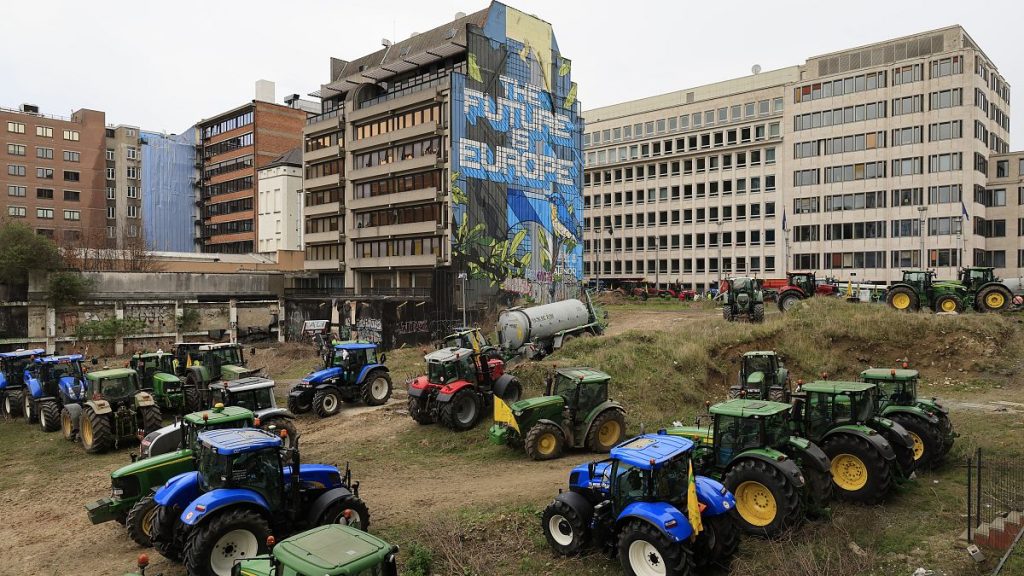The European Parliament recently approved a legal package aimed at simplifying farm subsidies in record time in response to protests from farmers across Europe. The plan, presented by the European Commission to cut red tape and reduce certain green conditions in the Common Agricultural Policy (CAP), was approved by a majority of MEPs in a vote in April. However, critics have raised concerns about the speed at which the reforms were pushed through, with little time for debate or amendment. Some legal experts have also highlighted potential breaches of EU laws, particularly in relation to climate impact assessments.
The streamlined procedure used to fast-track the reforms was agreed upon by Belgium, leading talks among EU governments in the Council, and Norbert Lins, chair of the Parliament’s agriculture committee. This approach allowed for the rapid approval of the package, but also limited opportunities for scrutiny and modification. The decision to forgo the opportunity to table amendments has drawn criticism from some, as it meant that MEPs had to accept the Commission’s proposal in its entirety. The lack of time for a thorough economic analysis and climate assessment has further raised concerns about the potential impacts of the reforms.
One of the key changes introduced by the legal package is increased flexibility for farmers, including exemptions from on-the-spot checks for smaller farms and the voluntary nature of many green measures previously considered mandatory. This has led to concerns about the dismantling of the CAP’s green architecture, particularly in areas such as soil cover, land preservation, and crop rotation. Critics argue that these changes could have negative consequences for the environment and climate, as well as for the long-term sustainability of agriculture in the EU.
Despite these concerns, the European Parliament defended its decision not to carry out impact assessments due to the urgency of the situation presented by the farmers’ protests. The Parliament’s legal services cited the intensity of the protests as justification for bypassing certain procedural steps, sparking debate among legal experts and environmental organizations. Some groups are considering lodging complaints with the EU ombudsman over potential violations of EU laws. However, supporters of the reforms, including the EU’s farmers association Copa Cogeca, have welcomed the changes as a positive step toward addressing the concerns raised by farmers and transitioning to more sustainable agricultural practices.
In conclusion, the rapid approval of the legal package aimed at simplifying farm subsidies in the EU has sparked debate and criticism among MEPs, legal experts, and environmental organizations. While the reforms are intended to address farmers’ concerns and reduce red tape, critics argue that the speed at which they were pushed through has raised legal and environmental issues. The changes to the CAP’s green architecture and the potential impact on the climate have added to the controversy surrounding the reforms. Despite differing opinions on the reforms, the European Parliament has defended its decision-making process, highlighting the urgency of addressing the protests from farmers across Europe.


